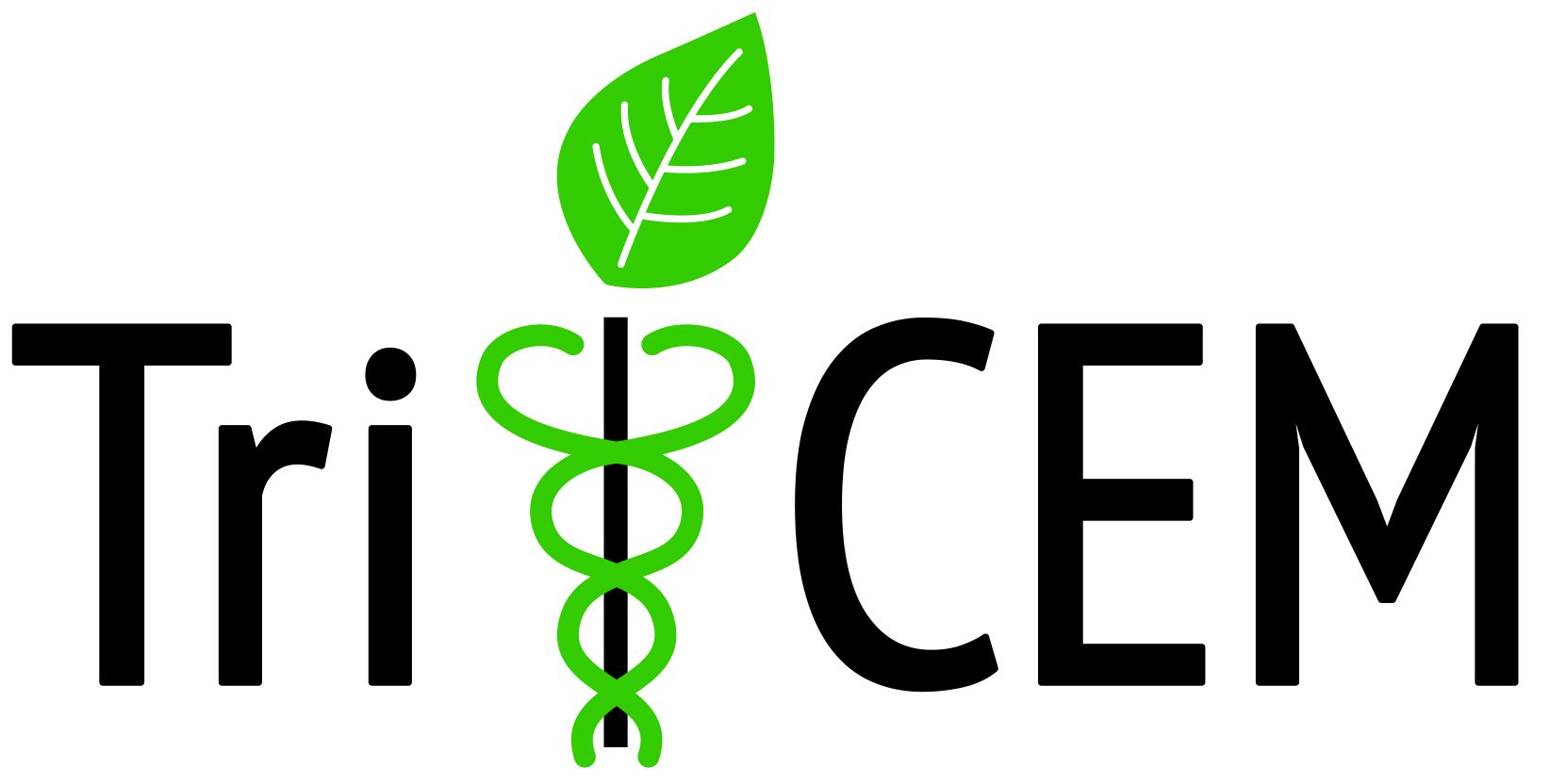Examining the co-adaptation of Streptococcus mutans to microgravity and silver
Fall 2020 Graduate Student Award in Pathogenic and Commensal Organisms
As NASA focuses on strategies for long-term space exploration, they must prioritize effective interventions for maintaining clean potable water. Iodine has always been used on the International Space Station as the main biocide, but more recent reports have indicated a potential switch to silver, which is less harmful to humans. In space, infection of unknown bacteria is not a primary concern, rather it is infections resulting from the crew’s microbiome. Streptococcus mutans is bacterium present in the oral cavity that adheres to the tooth enamel causing cavities. The goal of our project is to evaluate the effects of long-term space travel on (1) the ability of Streptococcus mutans to cause dental decay; (2) whether Streptococcus mutans can become resistant to the concentrations of silver proposed to be used to filter potable water on the ISS; and (3) what genes are permitting these changes in phenotypes. This work will add to the limited data on the long-term evolution of microbes in space, while providing new data on the effects of long-term space travel on bacteria of the human mouth. Finally, it will add insight into the potential consequences of using silver as a biocide on the health and well-being of the crew.
Publications:
Fernander MC, Parsons PK, Khaled B, et al. (2022) Adaptation to simulated microgravity in Streptococcus mutans. npj Microgravity 8: 17.
